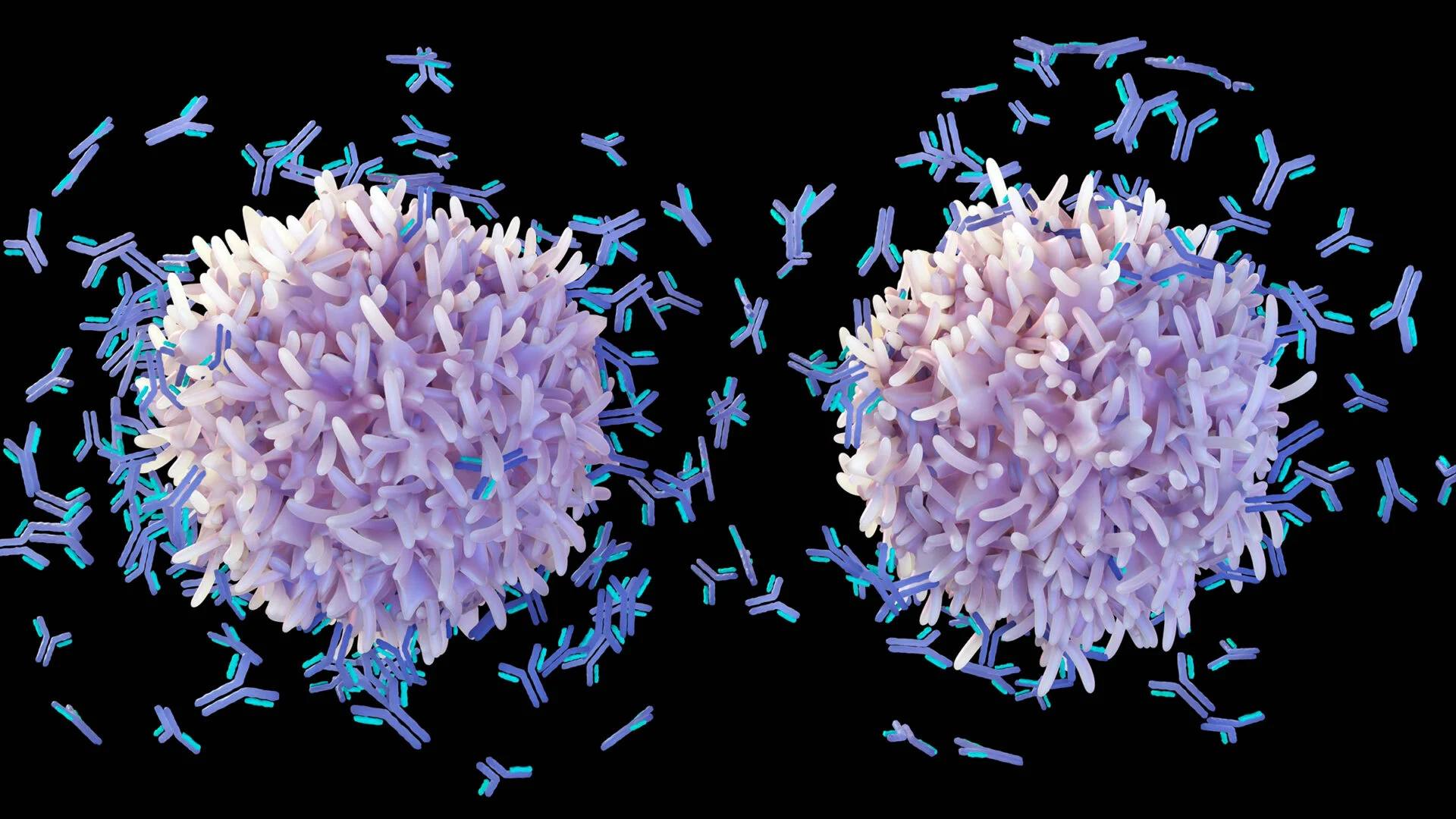USC scientists and Paula Cannon, a Distinguished Professor of Molecular Microbiology & Immunology at the Keck School of Medicine of USC, have discovered a way to turn the body’s B cells into tiny surveillance machines and antibody factories that can pump out specially designed antibodies to destroy cancer cells or HIV, two of medicine’s most formidable foes. The researchers are working with the USC Stevens Center for Innovation to license the technology for commercial use. The USC Stevens Center helps scientists shepherd their discoveries from the lab to the market.
The research, published Monday in Nature Biomedical Engineering, describes a technique for editing the genes of immune cells called B cells, turbocharging them to fight even the sneakiest invaders. This work is an important advance in harnessing the power of antibodies to treat conditions ranging from Alzheimer’s disease to arthritis.For this project, the researchers took inspiration from chimeric antigen receptor (CAR) T cells, “living drugs” designed to target specific things. They’ve revolutionized treatment for blood cancers like leukemia and lymphoma. With CAR T treatment, T cells — sister cells to B cells — are removed from a patient’s blood and genetically modified to identify cancer cells by recognizing a marker on their surface. Millions of the cells are then infused into the patient’s body, where they fight disease and then fade away.
“We’re really excited to help try and bring this to biotech companies,” said Erin Overstreet, executive director of the USC Stevens Center. “This could be a fundamental shift in how we approach certain diseases.”
Read the full story in USC News.
